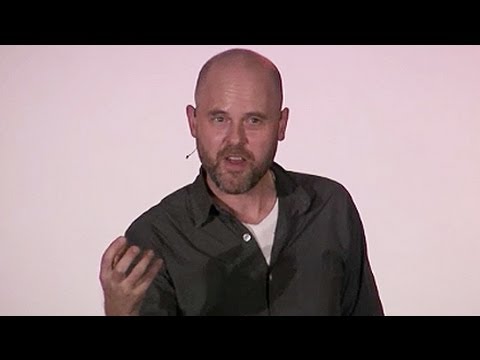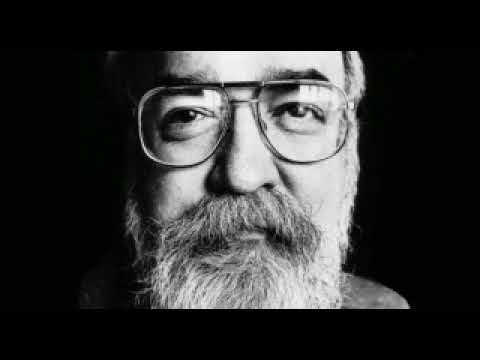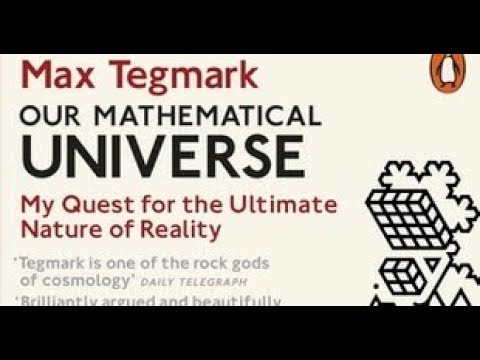FORA.tv
Complete program available for purchase at http://fora.tv/2012/10/28/Alva_Noe_Getting_Out_of_Our_Heads_SAND_Conference
Alva Noë, Professor of Philosophy at the University of California, Berkeley, disputes that science has an understanding of the brain. He further argues that our perspective that consciousness resides in the brain may be flawed.
Source




This isn't a novel hypothesis; its unclear whether Noe is suggesting that consciousness is an epiphenomena or something else.
Consciousness manifests itself in the crap that we talk.
Nah, I don't buy it. "Consciousness", or simply mind, to me seems a function of the brain. If some parts of the brain malfunction; some parts of the mind malfunction. Our "consciousness" is a benign user illusion of the brain in order to interpret and regulate itself. Common mammals don't have this advanced function, only our evolutionary past pressed for it. We needed to reflect upon our goals, tactics, relationships, and ourselves. Now we can reflect upon ourselves and account for ourselves.
The way I understand it is that what we know as consciousness is the culmination of instinct, reflex, and free will. The brain uses complex algorithms and difference engines just like any other computer. The consciousness is merely the way that we perceive our own inborn survival skills.
We don't know what consciousness is. To look in one spot is just illogical. It's an open question that will only be answered by open minds.
The problem of grasping the truth about consciousness is a notionalism we have in perceiving it. A growing occurrence of documented life after death instances, while easily dismissed by the notionalists, upon scientific inspection of the facts reveals consciousness is not local. Putting the theological debate aside and methodically assessing the hard facts rather than dismissing the notion is what scientists must now discipline themselves to.
It's a thing that argues with itself. It's the thing where long-term reasoning wrestles with short-term urges. It's the thing that can contain and manipulate hypothetical abstractions of itself. Abstractions of identity and ego are there as well. But, abstraction oversimplifies reality. So, it can never directly perceive others like itself and can never directly perceive its own outward appearance. It is the place of experience, so it cannot experience itself.
To the extent that Science is limited to a purely deterministic view, Science will have trouble understanding a thing that tends to think of itself as having self determination. And, as the process involved in producing responses to stimuli, it does seem inseparable from cause and effect. Which then seems to suggest that the sense of free will comes from being the process that responds. … a process spanning from all recollected stimuli on through to the ultimate response.
So I am not concerned about whether you met Jesus or saw a ghost, I am concerned that the patient was without sight all her life, yet described details after the time of death viewing from outside her body that were corroborated. She was aware of things that existed outside herself not inside herself – and in any case that location was conclusively dead. We can open our minds to new notions but they certainly won't look like the ones we have ignorantly coveted to our detriment of learning.
Well, I don't know. Maybe you're right. To me the mind is wonderfully interesting, and I'm fascinated by science's attempts to deconstruct some of it with the aid of evolutionary theory, neuroscience and AI. I guess the 'hard problem' doesn't really add anything to this quest for me. But if he comes up with some kind of wonderful theory that really explains stuff we couldn´t otherwise, I should surely listen. You think he does?
hahah 2:15 wtf happened
I'm afraid don't think I get any of your remarks.
That's not a hypothesis.